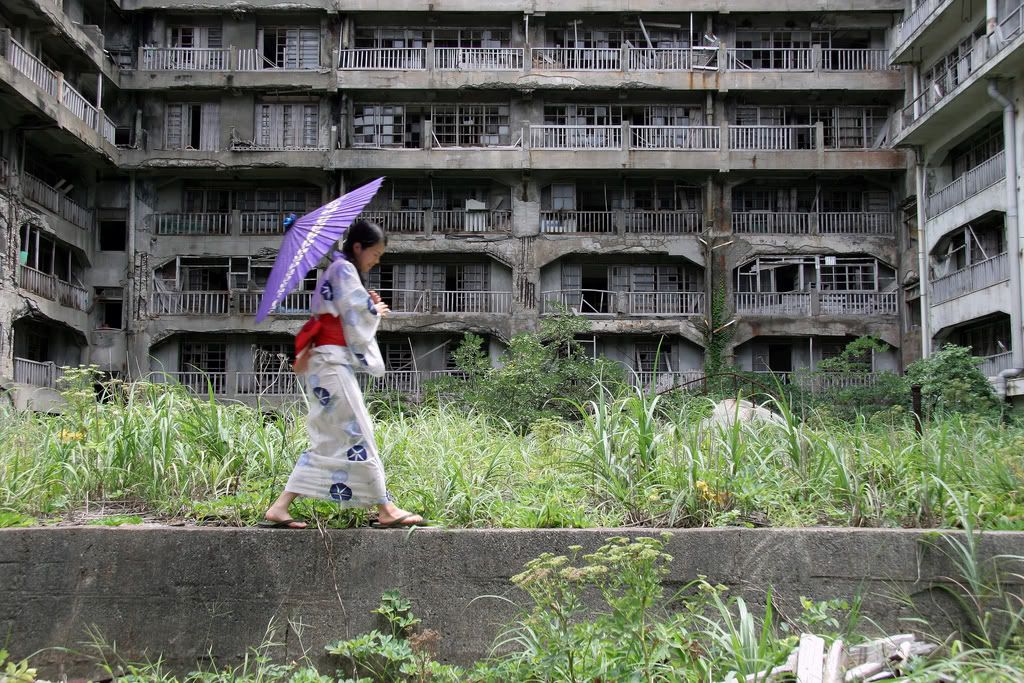After watching the Hulu preview of NBC's Revolution, I was struck by something. No, not the fact that Revolution was only "okay" by TV pilot standards, but by a change in the psychology of culture, at least when it comes to science fiction.
Around the year 1900, the most exciting prospects of sci-fi were things like going to other planets and meeting aliens or using fanciful computer-like devices for day-to-day tasks. Jules Verne explored the farthest reaches of Earth itself, going to its very center and exploring its vast oceans (about 20,000 leagues down).
Of course, these days we still have such stories. Going to other planets is "old hat," and in any sci-fi movie like Riddick or Prometheus you can see some very sharp special effects depicting computers and space travel technology. We're (mostly) living in the future that writers from the turn of the last century predicted, albeit a much less glamorous one with many fewer spaceships. As some statisticians would tell you, we have more people living in urban areas than in the countryside these days, and so the imagination of modern culture itself has shifted somewhat to reflect that.
In other words, one-hundred years ago, people who lived in the country loved stories about technology. These days, while surrounded by technology, we dream of a time without it. We've seen a dramatic rise in the interest in zombies in popular culture. There are all manner of zombie games across every entertainment medium. There are movies, books and songs about them. This fascination isn't just with the idea of dead humans coming back to life: It's about changing the status quo. The apocalypse gives meaning to the lives of people who feel unfulfilled in their normal lives. There's a romanticized purity about growing your own food and making your own clothes, something that most people in first-world countries haven't and won't ever do in their lives. It's only interesting because it's something new to most people. It's the newness and unfamiliarity that makes it enticing. Never mind the harsher realities of starvation, sickness and fear that that kind of world entails.

Wow!! There is some really deep thoughts here that I need to sit and think about. I like your first world problem, you are so right about that after a dismal failure our garden was this year, if we were depending on it this winter we would be starving to death.
ReplyDeleteI think you have a really good idea of things I haven't thought about. I am going to reread this post and think some more. Good job!
That is a disturbing trend I've noticed, too. Back in the 50's, the Future was bright and fun, something to look forward to. What does our Future look like now? Hunger Games. Every dystopian story ever. Every zombie story ever. Our future has become this bleak, sad thing. We're living in the future and we want to go back in time now. Where's the "good future" novels?
ReplyDeleteInteresting. So in effect, you're saying that our culture has become pessimistic? If so, I agree. Apparently there's nothing left to look forward to. Would optimistic sci-fi even sell today?
DeleteFascinating observation... perhaps we've become so dependent on technology that we wish for a time without it.
ReplyDeleteIt does make you think though... What would happen if we DID suddenly lose technology? We'd probably have utter chaos.
Scary thoughts.